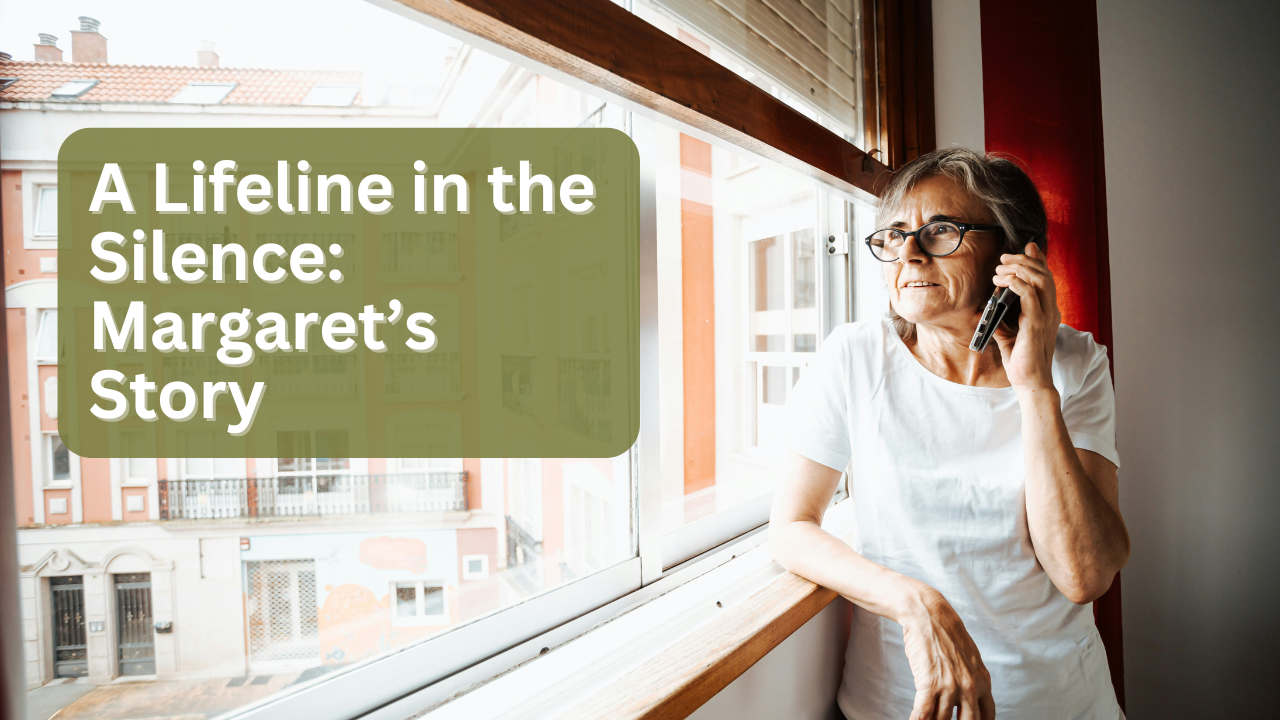PHONE FOR SUPPORT: 1-888-852-9099, 9 AM TO 9:00 PM, 7 DAYS A WEEK
LIVE CHAT: FRIDAYS AND SATURDAYS, 5 PM - 11 PM
If the Pandemic is Almost Over, Why Do I Feel This Way?
With the province of British Columbia now in the third of four stages to Bring Us Back Together, one would think that most people would be feeling brighter and lighter. Possibly so.
However, if you are like me, you continue to feel a dull disorientation to how life is, and how it will be. I continue with cautious optimism that my emotions will soon catch up with the picture of the future.
Why?
A key reason is because past loss causes current grief.
The activities and restrictions of the pandemic transformed the way we worked and schooled, threatened our health, changed means of worship, and cut us off from loved ones.
Relationships are normally our source of emotional support, but during lockdowns, our support network shrunk, causing personal and social strain. Deep down, we lost our sense of control, closeness, and security.
In addition, the move back to a “new normal” is uncertain, causing unexpected stress. For people who have become comfortable working from home, decisions about future work and career are now on the table. For individuals who have adapted well to life lived more simply and singularly, the prospect of a busier – even hectic – social life poses threat to quiet and peace. New careers and new relationships may be welcomed, but they signal others lost.
According to medical staff at the Mayo Clinic, all this change can cause grief, and grief makes you “feel numb or empty, angry, or unable to feel joy or sadness.” Grief can also show up in physical issues such as insomnia, feeling tired, weakened muscles, and nightmares. For some people grief makes them want to socially withdraw.
So while we run toward a post-pandemic future, we drag with us pandemic grief. How can we help ourselves adapt well moving forward?:
- Build your bubble slowly. Adding dates with friends and family one by one rather than a ton can help us adjust. Small not large, fewer not more, will give our spirits time to realign.
- Consult your supervisor. By now your boss has offered options on moving forward as to work from home or in person. Consider what you really want and have a conversation early. Do not assume others can read your mind.
- Celebrate what you have. Consider the good the pandemic has brought, whether that be books read, renovations made, online courses taken, and deepened relationships.
- Establish new routines. Routines help us feel secure and attached to people and places. Plan your days and weekends, as you did before, even if the pieces are new.
- Reconnect at church. It would be so easy not to go back, but there are no guarantees online options will continue. We are a body, not a network, and good things happen face to face.
The long-term impact of the last sixteen months will not be known for years. One thing we do know is that resilient people tend to have friends who support them ongoing, practice a strong faith that gives meaning and hope amidst hardship and pain, and show maturity to own their situation rather than blame it for ongoing struggle.
May you be one who thrives this summer and into the fall and be a support to others along the way.
Need Someone to Listen?
Remember, you're not alone on this journey. If you're seeking a compassionate ear and a heart that understands, we encourage you to call us. Support is just a phone call away. See below for information on how to connect with us.
Discover Hope in Every Email
Join our community for uplifting stories, expert advice, and a path to healing.
Get the support you need
For Crisis or Emotional Support Call:
- 604-852-9099 in Abbotsford and Mission
- 1-888-852-9099 toll free throughout British Columbia
- If you are in a life threatening crisis, please call 911
Recent Posts
> End your Anxiety: A Prayerful Approach
> Renew your Strength – God's Promise to You
> Bible Verses that Help When You're Afraid | Telecare












